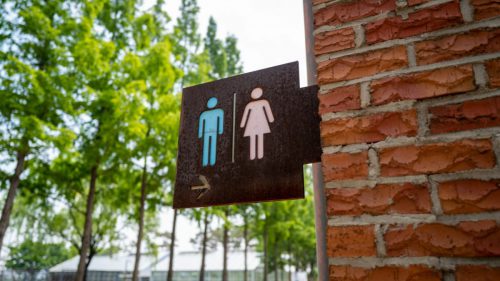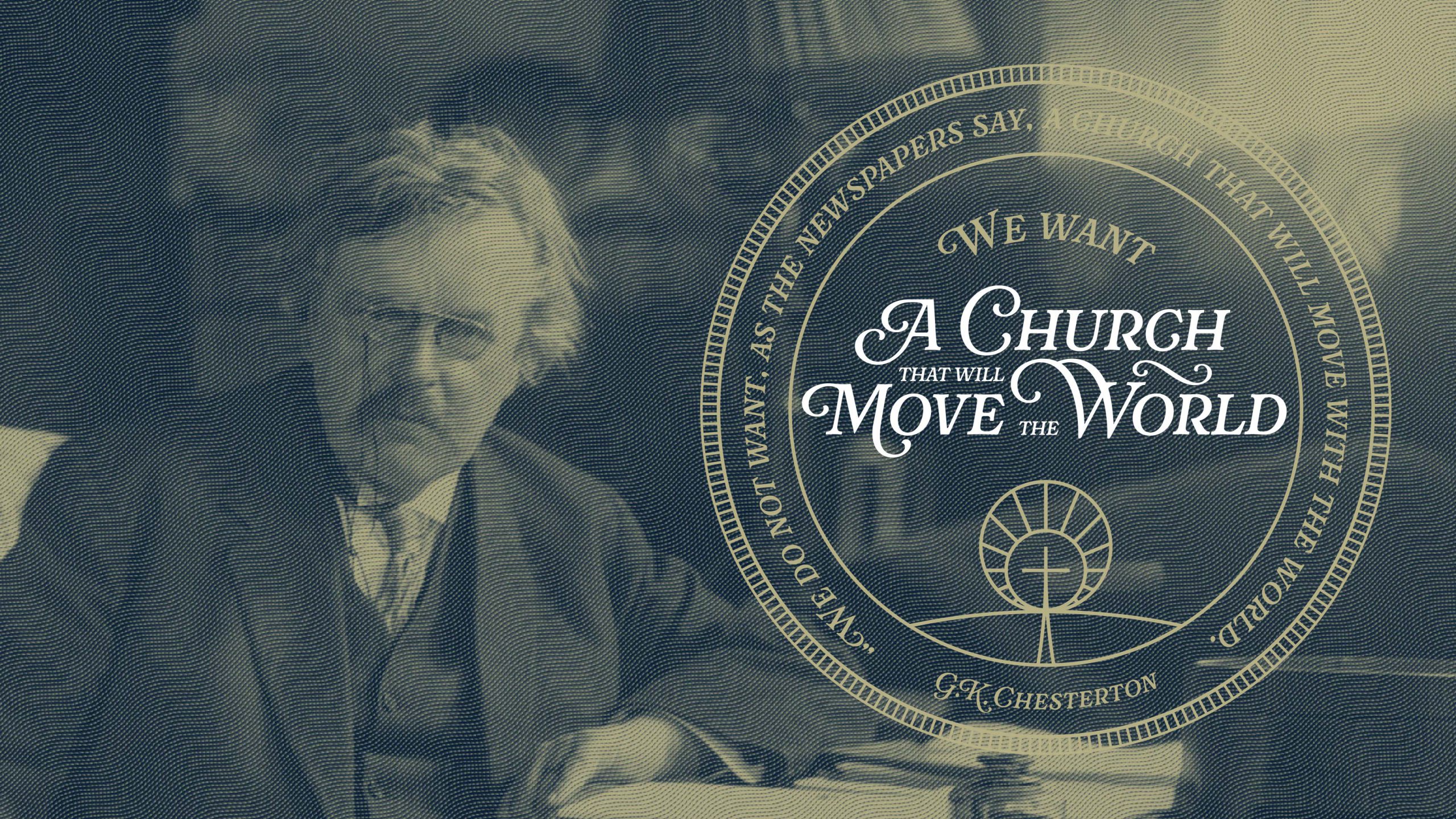

BreakPoint
Looking out for the Joneses
It's not news anymore that crime is a serious problem among juveniles. But it IS news when juveniles are part of the solution to crime. In Montgomery, Alabama, Christian teenagers found a way to cut back on the soaring crime rate. On a scorching summer day, some fifty teens converged on the neighborhood of Normandale. Their goal was to tackle a common allurement to crime: overgrown bushes that provided hiding places for burglars and vandals. Armed with hedge clippers and weed whackers, the kids trimmed towering hedges to below shoulder level. They thinned out low-hanging tree branches to prevent muggers from hiding behind them. They even replaced burned out lights and installed peepholes in doors. One elderly woman was visibly moved by the teenagers' help. A volunteer recalls, "[The lady] kept crying and praising God and hugging the kids." But the kids who spent their day whacking weeds and hacking hedges were also helping restore a sense of community by modeling what it means to be good neighbors. Restoring a sense of responsibility for our neighbors is one important answer to the problem of crime. Forty years ago, if you'd started a group called Neighbors Who Care, people would have been bewildered by the name. It would have seemed a redundancy, because looking out for your neighbors was automatic. It was part of the American culture. Today, that tradition of caring has all but disappeared. A Washington Post poll shows that two- thirds of Americans don't trust their neighbors. And as caring has gone down, crime has gone up. Instead of turning to their neighbors, frightened citizens turn to cops and politicians who promise to "get tough" on crime. People today offer to give up their civil liberties, to put up with curfews and random police searches--anything to stop the crime. But that's the wrong approach. Criminologist Lode Walgrave points out that a safe society draws its strength not from fear but from a social ethic based on "a concern for all its members." Without that concern for each other, we have to rely solely on the government to keep order. And when that happens, we lose the privileges of self-government. That's why part of the mission of Neighbors Who Care is going beyond helping victims of crime to taking preemptive action against crime before it strikes. The parable of the Good Samaritan teaches us that we're all meant to look out for our neighbors. Neighbors Who Care is teaching us how, in a way that is beautiful in its simplicity. If this movement were to catch on and sweep across America, we would restore much of our lost sense of community. And then we just might read polls in the Washington Post showing that Americans are learning to trust their neighbors again. If you would like information about Neighbors Who Care, follow this link to their Website: www.neighborswhocare.org . You'll learn how to reduce crime in your own neighborhood before it starts--and at the same time, help restore what is so desperately needed in America
09/8/06















